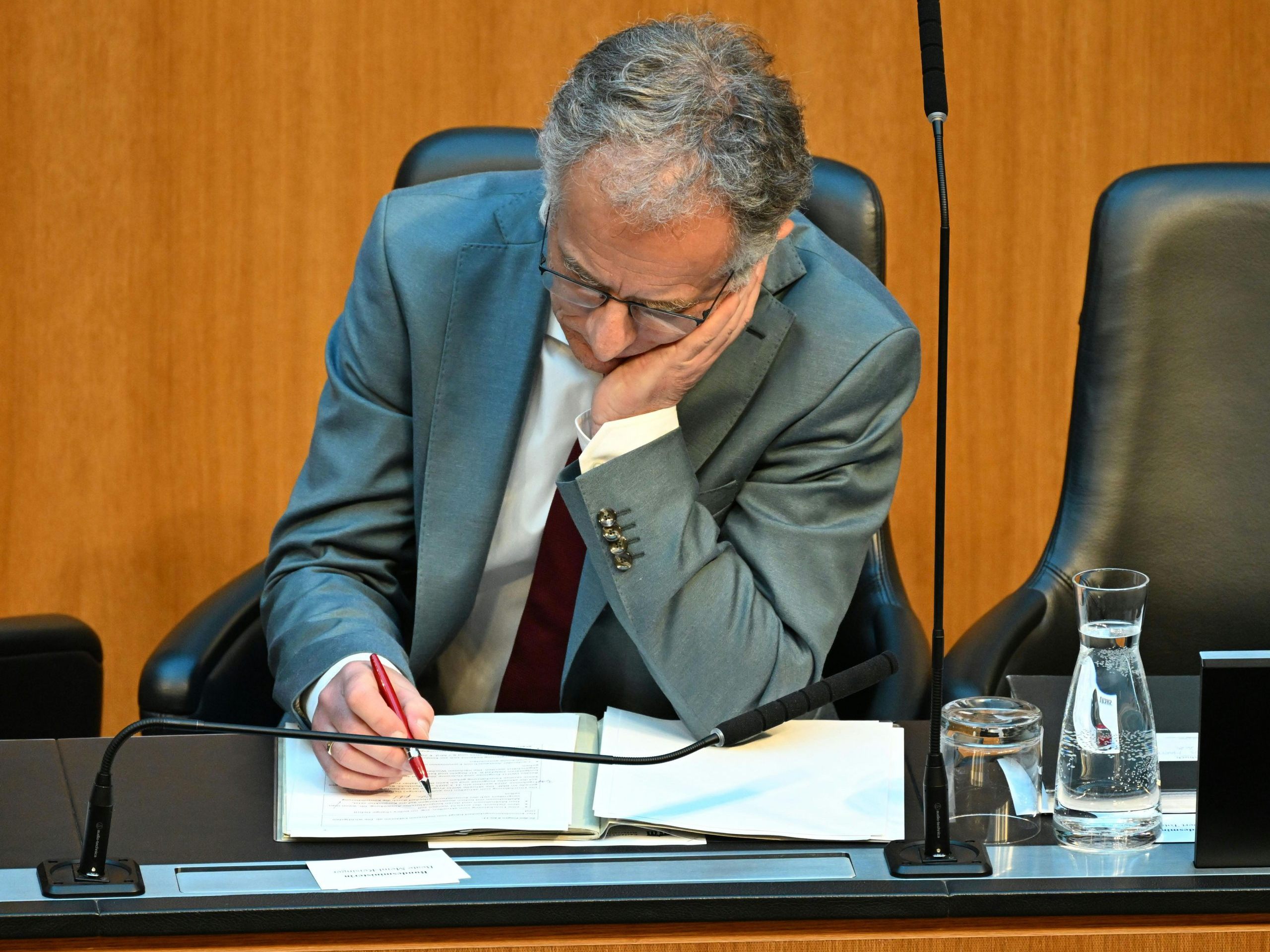Fiscal Council Expects Budget Deficit of 4.4 Percent

The deficit will be higher this year than expected. A corresponding forecast was issued by the Fiscal Council on Friday. Accordingly, a deficit of 4.4 percent of GDP is expected for 2025, and a minus of 4.1 percent is anticipated for the coming year. According to calculations, the debt ratio will reach a historic high of 86.1 percent of GDP in 2026.
One of the main reasons for the pessimistic assessment is that the government, from the perspective of the expert panel, overestimates the savings measures. Finance Minister Markus Marterbauer (SPÖ) was, however, confident of achieving the agreed consolidation volume.
Forecast for Budget Deficit Changed
In the autumn forecast, the Fiscal Council had still estimated the deficit for 2025 at 4.1 percent. The revised assessment is also due to the fact that the deficit last year was significantly higher than expected at 4.7 percent. In addition, there are reduced revenues due to the ongoing recession and the decline in expected economic growth for the coming year.
If the government's planned consolidation volume of 6.3 billion euros were fully implemented, the budget deficit would be 4.0 percent. However, the Fiscal Council does not believe that the measures initiated will actually result in savings of this magnitude. Instead, they expect a volume of 4.2 billion euros. The budget experts also cannot nearly comprehend the 8.7 billion euros targeted by the government for 2026. They expect 4.9 billion euros from the savings package in the coming year.
On the one hand, the planned consolidation volume is not fully substantiated by individual measures. On the other hand, the savings potential of some projects is estimated to be significantly lower than expected by the government: This applies, for example, to the planned savings from the abolition of educational leave and the reduction of material expenses of the ministries.
Thus, the measures are not sufficient to compensate for the deteriorated budgetary starting position, writes the Fiscal Council. Possible additional consolidation measures based on the double budget announced for mid-May are not yet included in the estimate.
EU Deficit Procedure?
An EU deficit procedure will likely be unavoidable. According to the Fiscal Council, an additional consolidation volume of 8.5 billion euros would be needed to meet the Maastricht target of three percent of GDP.
The debt ratio is expected to reach a historic high, rising from 84.7 percent this year to 86.1 percent next year. The current highest value dates back to 2015 and stands at 85.6 percent of GDP.
The current difficult situation is linked to generous spending in the past. The high inflation of the years 2022 and 2023 has delayed the 2024 expenditures, which have significantly increased along with large packages for climate protection and flood control, while revenue growth has already flattened. According to the Fiscal Council, the increase in expenditures was particularly large due to unexpectedly high health expenses and one-off effects such as the implementation of the 2023 civil service law amendment with a back payment of previous service periods for public employees.
The Fiscal Council's forecast is significantly more pessimistic than that of the National Bank. At the end of March, the OeNB estimated this year's deficit at 3.8 percent of GDP. For 2026, they expected 3.3 percent. However, the surprisingly poor result for 2024 was only published after this National Bank forecast.
Marterbauer commented
The government has not yet provided a forecast of how high the deficit will be this year. Finance Minister Marterbauer stated on the sidelines of the Ecofin that the Fiscal Council had not considered all measures because they "are yet to come." In a statement, he specified that it concerns savings in subsidies and expected higher revenues, for example, from companies with state participation.
The savings in the administration of the ministries amounting to 1.1 billion euros in 2025 and 1.3 billion euros in the coming year are currently being detailed in the budget negotiations and backed with measures. The distribution among the ministries is carried out in such a way that the achievement of the savings is ensured.
In any case, efforts are being made consistently to achieve the consolidation volume agreed upon in the government program: "We are confident that we will succeed, as all parties involved know that there is no way around saving." Furthermore, he sees "no necessities" for additional savings, Marterbauer explained before the meeting with his counterparts in Warsaw.
(APA/Red)
This article has been automatically translated, read the original article here.





